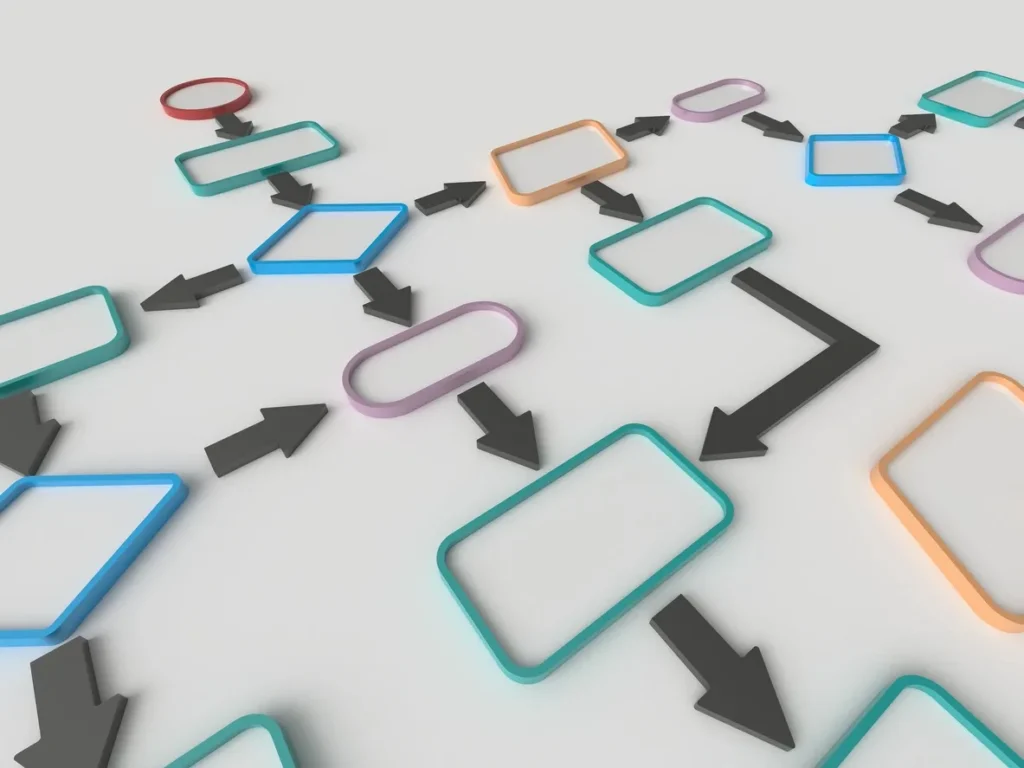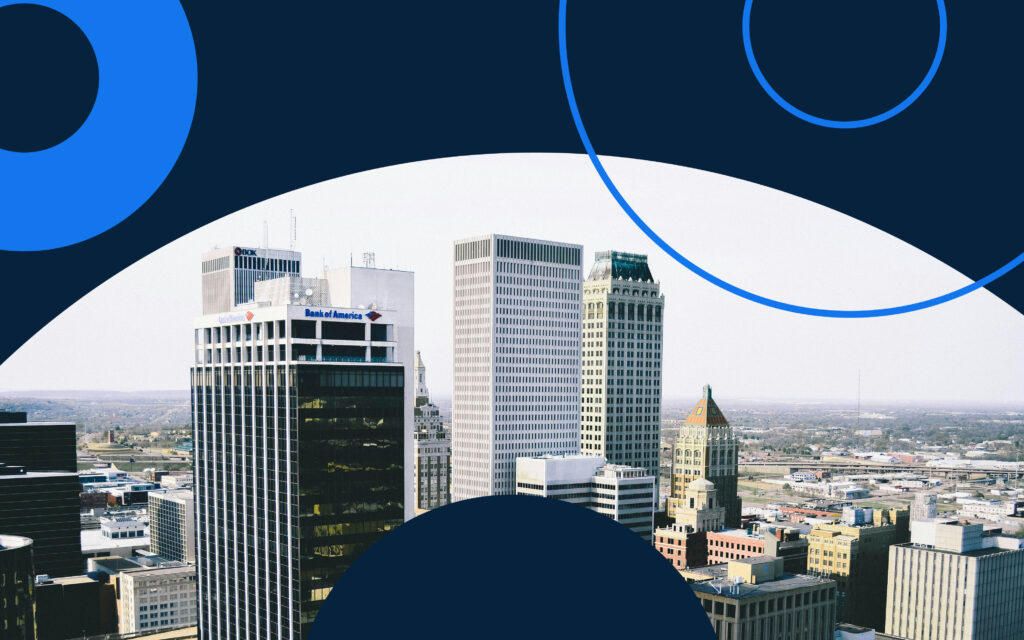Buy or Build? A DSP’s Guide to Choosing the Right CRM at a Critical Inflection Point

For any organization leading a growing debt settlement operation, whether it is a CTO, COO, founder, or operational executive, there comes a point when your systems no longer support your ambitions. The CRM you once tailored and configured is now straining under the weight of volume, complexity, and operational sprawl. Support tickets pile up. Workarounds multiply. Your teams are beginning to request more automation, tighter integrations, cleaner data, and improved visibility.
This is the inflection point, a moment of clarity where leadership must choose whether to build a new solution from scratch or license a platform that is ready to scale.
It’s a high-stakes decision, especially in an industry where reliability, compliance, and margin discipline are crucial. While the temptation to build a custom CRM is understandable, especially when you’ve hired technical talent eager to make an impact, it’s a choice often accompanied by hidden costs, distractions, and risks. Before making your final decision, take a moment to step back and ask: What are we really trying to solve?
The Case for Building: Customization and Control
The case for building your own CRM often centers on the desire for control. You can define the data model. You decide the user experience. You create the workflows your team needs exactly how they need them. No vendor constraints. No reliance on a roadmap you don’t influence. For organizations with strong engineering teams and long planning cycles, this can seem like a competitive edge.
In theory, custom-built CRMs enable deep industry specificity, provided you possess the necessary domain expertise, project management discipline, and budget to execute it effectively. The system is yours. The roadmap is yours. The performance is yours to optimize.
But that level of ownership cuts both ways.
The Hidden Cost of Building Your Own CRM
Most organizations dramatically underestimate the cost of building custom software, often by a factor of 2 to 3. Research from the Standish Group’s CHAOS Report indicates that the average software project exceeds its budget by nearly 189%. Additionally, McKinsey found that large IT projects tend to go over budget by an average of 66% and face a 17% chance of complete failure. Harvard Business Review further warns that 1 in 6 projects becomes a “black swan,” with cost overruns of 200% or more. These findings are supported by Gartner, which cautions that hidden costs, such as maintenance, integration, and compliance, often double or triple the initial estimates.
The lesson: when it comes to custom CRM development, what appears “cheaper” on paper often becomes a long-term drain on capital, talent, and focus.
To be successful, you’ll need:
- Dedicated product managers to translate business needs into features
- QA and testing infrastructure to ensure accuracy and stability
- Compliance expertise to stay aligned with evolving regulations
- A dev team to maintain and evolve the platform over time
- Support staff to triage bugs and train end users
- Third-party tools to bolt on reporting, telephony, workflows, and integrations
And none of this includes the opportunity cost: the months, or years, your team will spend building internal tools instead of advancing core growth initiatives.
For most companies in debt settlement, building a CRM is a distraction from their core mission. It drains capital, slows time to market, and shifts focus away from what truly matters, serving consumers, closing settlements, and collecting revenue.
The Case for Buying: Speed, Scale, and Focus
Buying (or licensing) a CRM, particularly one built specifically for debt settlement, flips the equation. Instead of spending 12–18 months building from scratch, you’re live in weeks or months. Instead of hiring a team of engineers to keep your system running, you gain a partner who owns uptime, security, and feature delivery.
Licensing a platform means:
- Faster time-to-value
- Lower upfront investment
- Shared innovation roadmap
- Enterprise-grade support
- Predictable total cost of ownership
Most importantly, licensing frees your team to focus on business performance rather than system administration.
Not All CRM Platforms Are Created Equal
Of course, not every CRM is suited for the complexities of debt settlement. General-purpose platforms like Salesforce offer power and flexibility, but they also require extensive customization, substantial budgets, and significant integration efforts to be effective in this area.
Salesforce may seem like a scalable choice, but the true cost includes:
- Annual seat licenses (often $1,000+ per user)
- Custom development to replicate core industry workflows
- API integration with your payment processor (which you must manage)
- Ongoing maintenance and internal support
- Third-party add-ons to deliver missing functionality
- Premium 24/7 vendor support, which can drive up costs quickly and erode margins
In the end, you’ve built a shell, not a system. And it’s still up to your team to make it work.
A Smarter Alternative: Global Prime CRM
At Global, we’ve spent the past two decades solving the specific challenges faced by debt settlement providers. Our Prime CRM is much more than just a replacement for outdated CRM tools. It combines workflow automation, built-in compliance, credit reporting, secure communications, analytics, payment scheduling, and a full phone system—streamlining every aspect of the DSP lifecycle within one fully integrated solution.
What makes Prime different is its architecture. We’ve invested years building a modular, scalable foundation that provides your business with the flexibility to grow. Whether you’re adapting to regulatory changes or implementing a new operational model, Prime is designed to support strategic pivots without the need to reengineer your tech stack.
It was designed specifically to integrate with Global’s payment processing infrastructure, ensuring zero integration costs, real-time data flow, and seamless reconciliation.
We cover the integration.
We handle the updates.
We invest in the roadmap.
You focus on growing your business.
We don’t want to sell you software. We want to help you grow your business.
The Strategic ROI of Focus
Your highest value to the organization is not in managing software builds; it’s in enabling the business to scale with speed, intelligence, and reliability.
That’s what Global Prime CRM delivers—not just as a CRM, but as a platform that connects every operational touchpoint. It is designed to eliminate fragmentation, reduce cost, and enable smarter decision-making at every level.
- You get a system built to handle the complexity of the debt settlement lifecycle
- You reduce operational friction and eliminate software bloat
- You avoid the capital outlay and staffing burden of internal development
- You align with a partner who is invested in your success
- And you get peace of mind knowing that the platform is secure, stable, and proven
The Bottom Line
The decision to buy or build a CRM involves more than just features. It’s about time, risk, cost, and focus.
Do you want to invest your team’s energy on building tools? Or would you prefer to channel that same energy into growth, efficiency, and customer outcomes?
At this inflection point, the best move isn’t to spend hundreds of thousands of dollars on building and development. Instead, it’s to partner with someone who has already tackled the tough problems, so you can focus on what truly matters.
Let us show you what purpose-built performance looks like.
To learn more about how Global Holdings can improve your outcomes, contact our Premier Support Team at 888-746-3281.

